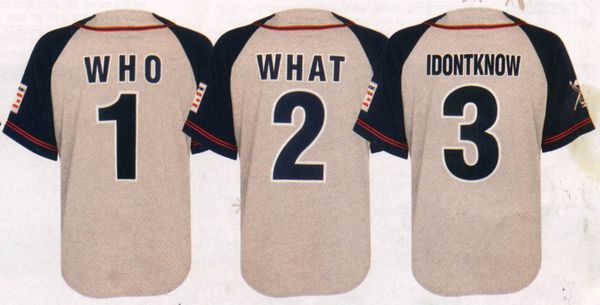Today I was asked by my Twitter friend & math teacher Justin Aion what my thoughts were on lesson plans. He assured me it was not a trick question! I was going to respond with just a short tweet, but then Steph Reilly said she was curious too, so here's my response to them and anyone else interested.
1. Who (are lessons plans really for)?
As an administrator, I refuse to mandate that teachers turn in their lesson plans. As a teacher I didn't have to turn in my plans and I appreciated that trust and autonomy. Besides, I can make a plan look great on paper. It's all about the implementation in class (involving those 20-30 little human beings), and that's the magic that can't easily be translated from paper into action. Pretending that each class will be the same each day is a surefire way of planning to fail. Flexibility is critical, and the more we meet our students where they are that day the better we'll do. That doesn't mean you don't push and expect a lot from your students, but blindly holding a whole class to a predetermined standard devoid of any context doesn't seem like the type of school environment I want teachers planning for.
So I believe lesson plans are for teachers (not administrators) and are simply a place to guide your thoughts to help you stay flexible so that you can work WITH students in class rather than do your lesson TO them.
2. What (should they look like)?
Lesson plans should look like whatever YOU want them to look like. I have a great teacher who says she needs more prescriptive plans, especially when doing problem-based lessons, so that she'll make sure to ask the right questions and anticipate student responses. Since I never lectured in physics, my 'lesson plans' were just the names of the labs and activities I was planning on having the students work on, so that I had the materials and resources available for them. This doesn't mean I didn't think about the questions I expected my students to have, the difficulties and misconceptions I knew I'd have to address, and the strategies I'd have to use to try and keep things going as smoothly as possible. I spent a lot of time thinking about those things, but rarely did I find the need to write them down (so I didn't). I also spent time with the sequencing and pacing of my classes, following the leads from my favorite teachers on Twitter.
So whether you prefer a little script to follow or whether you prefer to go more with the flow, as long as you're doing the best you can while simultaneously learning as much as you can, I really don't care what your lesson plans look like.
3. I don't know (what I don't even know).
I'm certainly no lesson planning expert. Organization is definitely not one of my strengths. But I do value teacher autonomy and I'd much rather build a culture where teachers ask me what they think of their plans out of trust and genuine interest (and maybe perhaps because I can help) rather than out of compliance and a fear of the "gotcha!" we see too often in education.
I'd love your thoughts and comments on Twitter at @AGHolman
